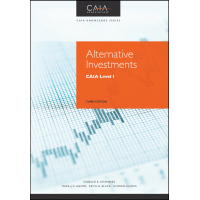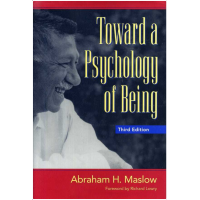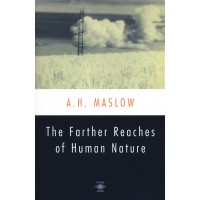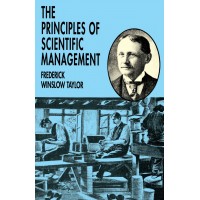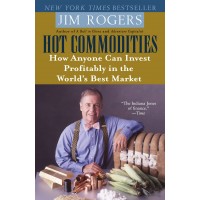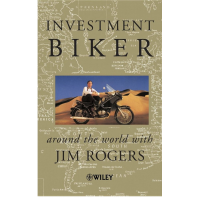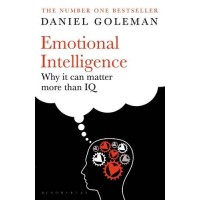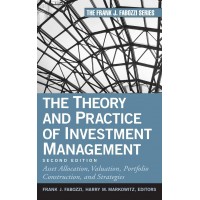Managing Oneself: (Harvard Business Review Classics)
The Key to Success
"All Management books, including those I have written, focus on managing other people but you cannot manage other people unless you manage yourself first" - Peter F. Drucker
Peter Drucker is widely regarded as the father of modern management, offering penetrating insights into business that still resonate today. But Drucker also offers deep wisdom on how to manage our personal lives and how to become more effective leaders. In these two classic articles from "Harvard Business Review," Drucker reveals the keys to becoming your own chief executive officer as well as a better leader of others. "Managing Oneself" identifies the probing questions you need to ask to gain the insights essential for taking charge of your career, while "What Makes an Effective Executive" outlines the key behaviours you must adopt in order to lead. Together, they chart a powerful course to help you carve out your place in the world.
Throughout history, people had
little need to manage their careers--they were born into their stations in life
or, in the recent past, relied on their companies to chart their career paths.
But times have drastically changed. Today we must all learn to manage
ourselves. What does that mean? As Peter Drucker tells us in this seminal
article first published in 1999, it means we have to learn to develop
ourselves. We have to place ourselves where we can make the greatest contribution
to our organizations and communities. And we have to stay mentally alert and
engaged during a 50-year working life, which means knowing how and when to
change the work we do. It may seem obvious that people achieve results by doing
what they are good at and by working in ways that fit their abilities. But,
Drucker says, very few people actually know--let alone take advantage of--their
fundamental strengths. He challenges each of us to ask ourselves: What are my
strengths? How do I perform? What are my values? Where do I belong? What should
my contribution be? Don't try to change yourself, Drucker cautions. Instead,
concentrate on improving the skills you have and accepting assignments that are
tailored to your individual way of working. If you do that, you can transform
yourself from an ordinary worker into an outstanding performer. Today's
successful careers are not planned out in advance. They develop when people are
prepared for opportunities because they have asked themselves those questions and
rigorously assessed their unique characteristics. This article challenges
readers to take responsibility for managing their futures, both in and out of
the office.
About the Author
Peter Ferdinand Drucker was a writer, management consultant and university professor. His writing focused on management-related literature. Peter Drucker made famous the term knowledge worker and is thought to have unknowingly ushered in the knowledge economy, which effectively challenges Karl Marx's world-view of the political economy. George Orwell credits Peter Drucker as one of the only writers to predict the German-Soviet Pact of 1939. The son of a high level civil servant in the Habsburg empire, Drucker was born in the chocolate capital of Austria, in a small village named Kaasgraben (now a suburb of Vienna, part of the 19th district, Döbling). Following the defeat of Austria-Hungary in World War I, there were few opportunities for employment in Vienna so after finishing school he went to Germany, first working in banking and then in journalism. While in Germany, he earned a doctorate in International Law. The rise of Nazism forced him to leave Germany in 1933. After spending four years in London, in 1937 he moved permanently to the United States, where he became a university professor as well as a freelance writer and business guru. In 1943 he became a naturalized citizen of the United States. He taught at New York University as a Professor of Management from 1950 to 1971. From 1971 to his death he was the Clarke Professor of Social Science and Management at Claremont Graduate University.

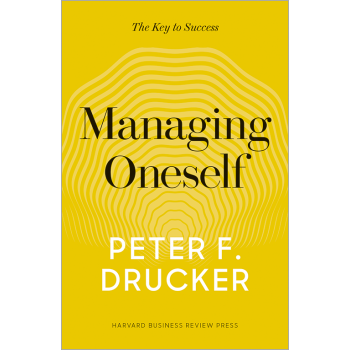
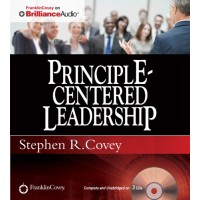
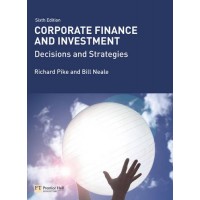
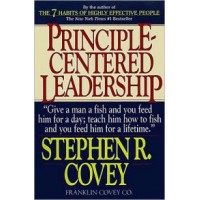

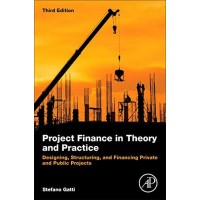

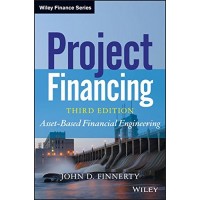
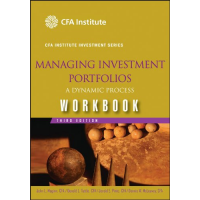


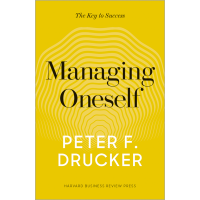
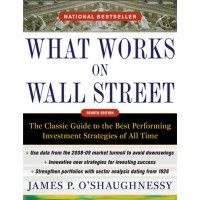
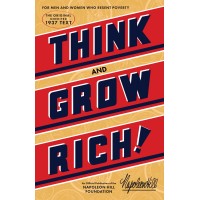


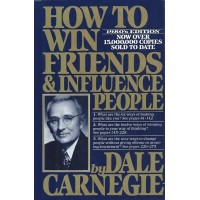



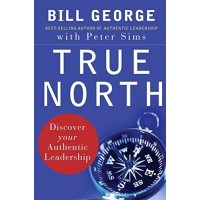


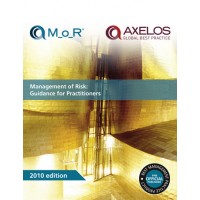

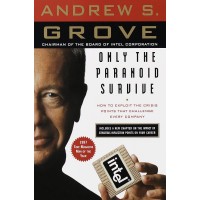

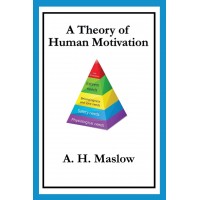
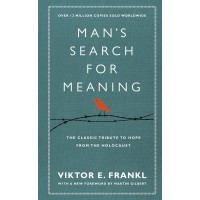
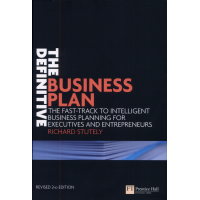
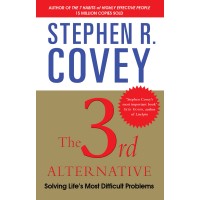
-200x200.jpg)


